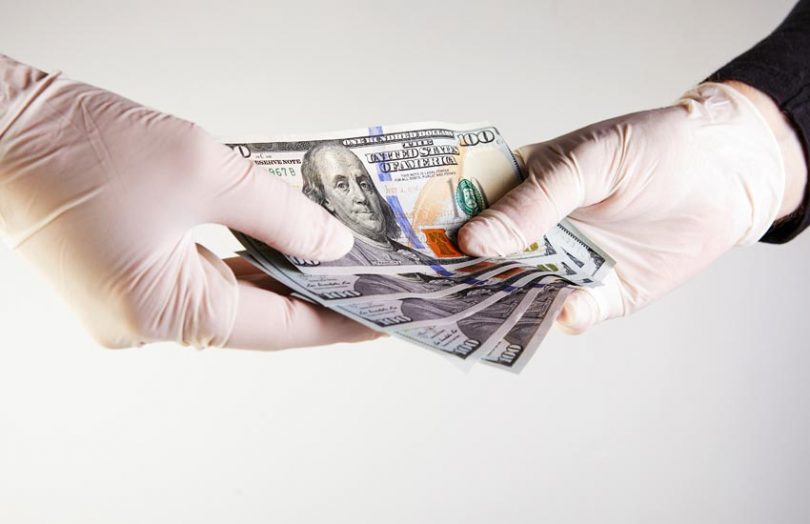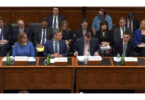Yesterday, the Democrats in the U.S. Congress published a draft bill for Covid-19 stimulus, which includes the introduction of a digital dollar or central bank digital currency (CBDC).
Unveiling a raft of bills, Maxine Waters, Chair of the House Committee on Financial Services said: “Today, I am proud to lead my colleagues in releasing a package of more than 40 bills to implement this plan, including my legislation to provide up to $2,000 a month for most adults and $1,000 for each of their children during the pandemic.”
This follows the failure of a Republican bill to be passed through the Senate on two occasions, which is unsettling markets.
Article continues …

Want the full story? Pro subscribers get complete articles, exclusive industry analysis, and early access to legislative updates that keep you ahead of the competition. Join the professionals who are choosing deeper insights over surface level news.






